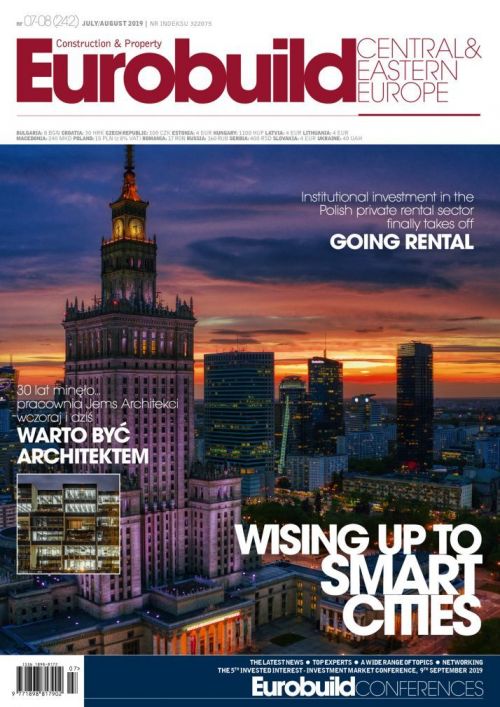It might seem easier to weigh smoke than translate moods and feelings into hard data. However, they succeeded in doing the former, as early as the sixteenth century (that feat has been attributed to Sir Walter Raleigh, who supposedly calculated the weight of pipe smoke by subtracting the weight of the ashes from the weight of the tobacco). So maybe it’s worth trying to putting a numerical value on the satisfaction of employees, clients or tenants and factoring that into operating results. This is the task – at least in theory – of chief happiness officers, community managers, directors of organisational culture and others in such positions. These and similar titles are increasingly becoming commonplace in companies around the world, and the real estate sector is no exception to this. Nevertheless, the question remains: how can we profit – literally – from such activities?
Happier… fitter... more productive
Katarzyna Kern, who is the first certified chief happiness officer





























































